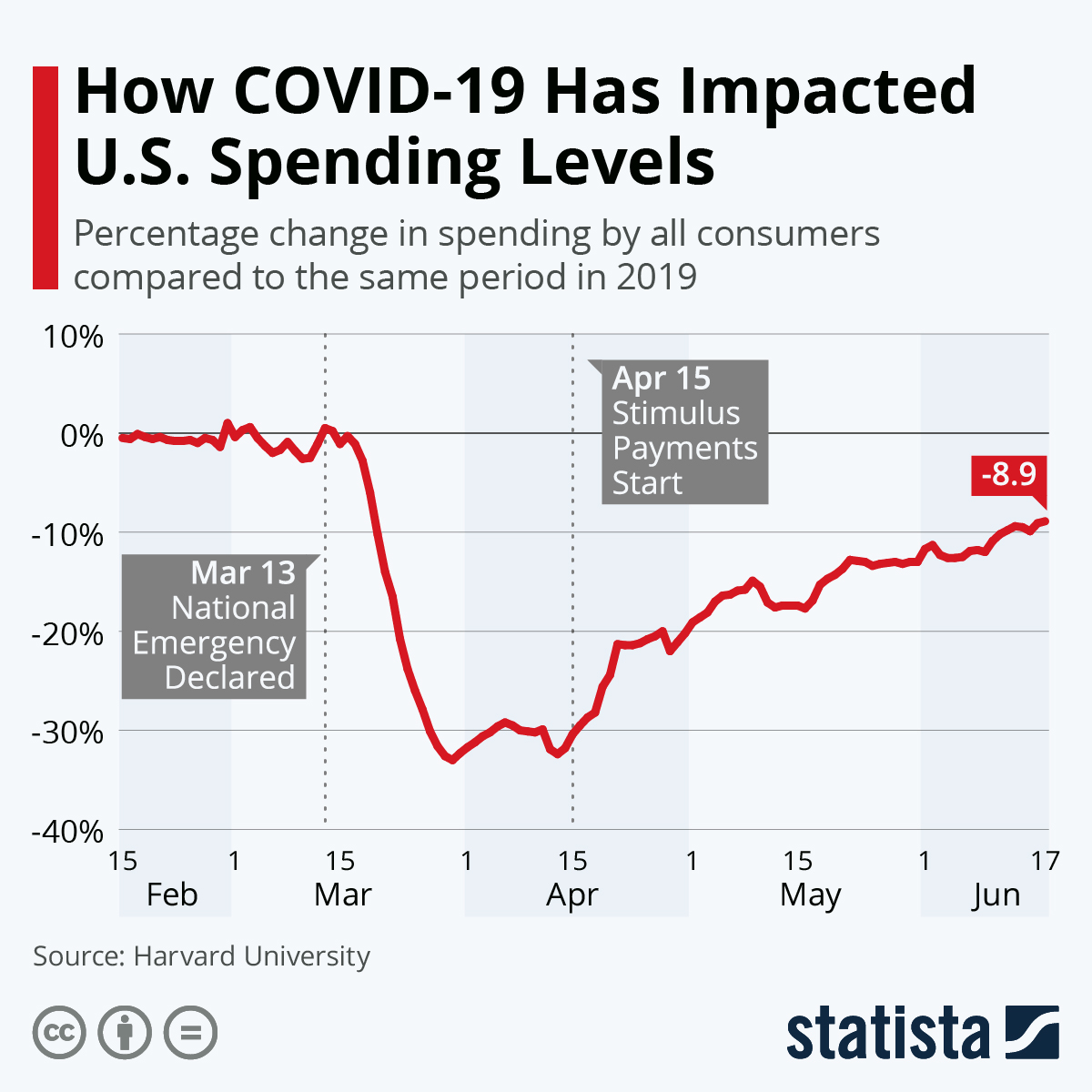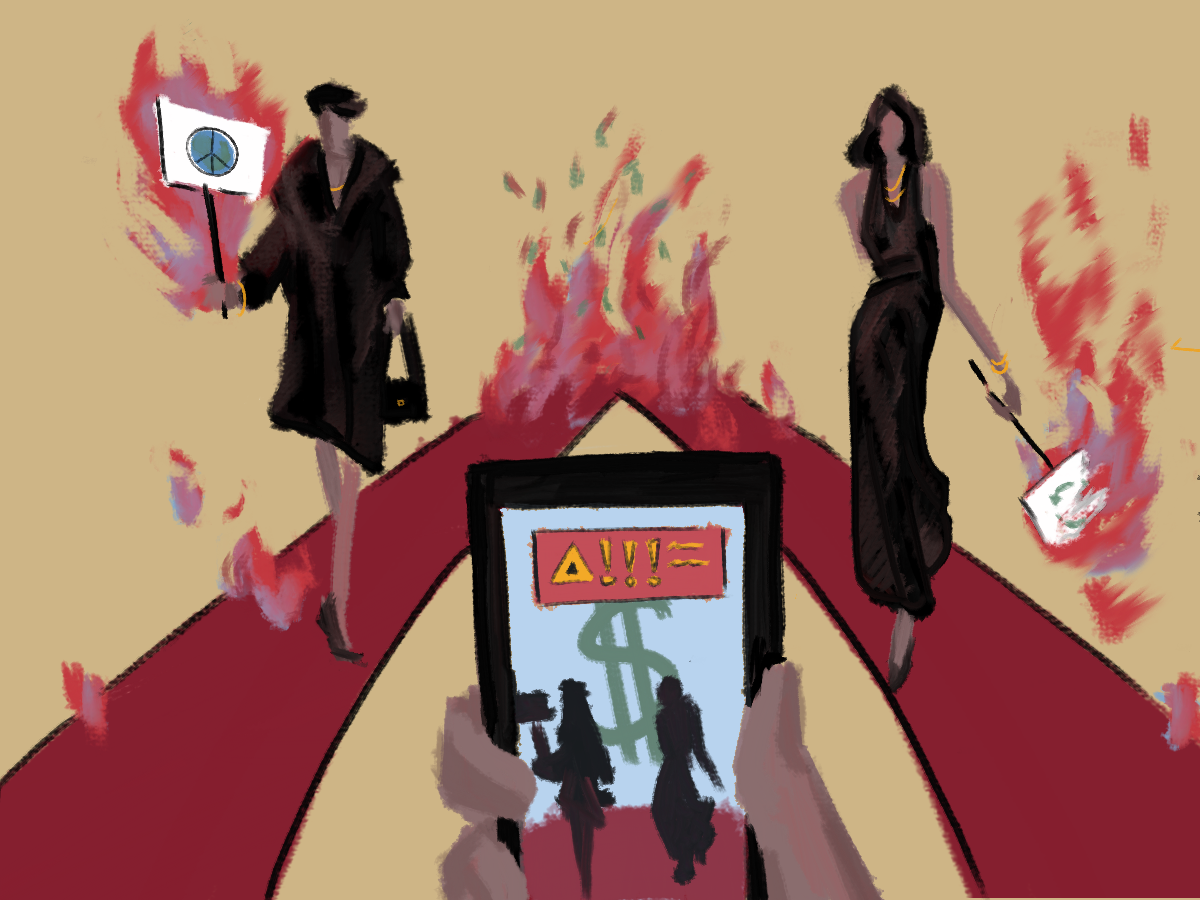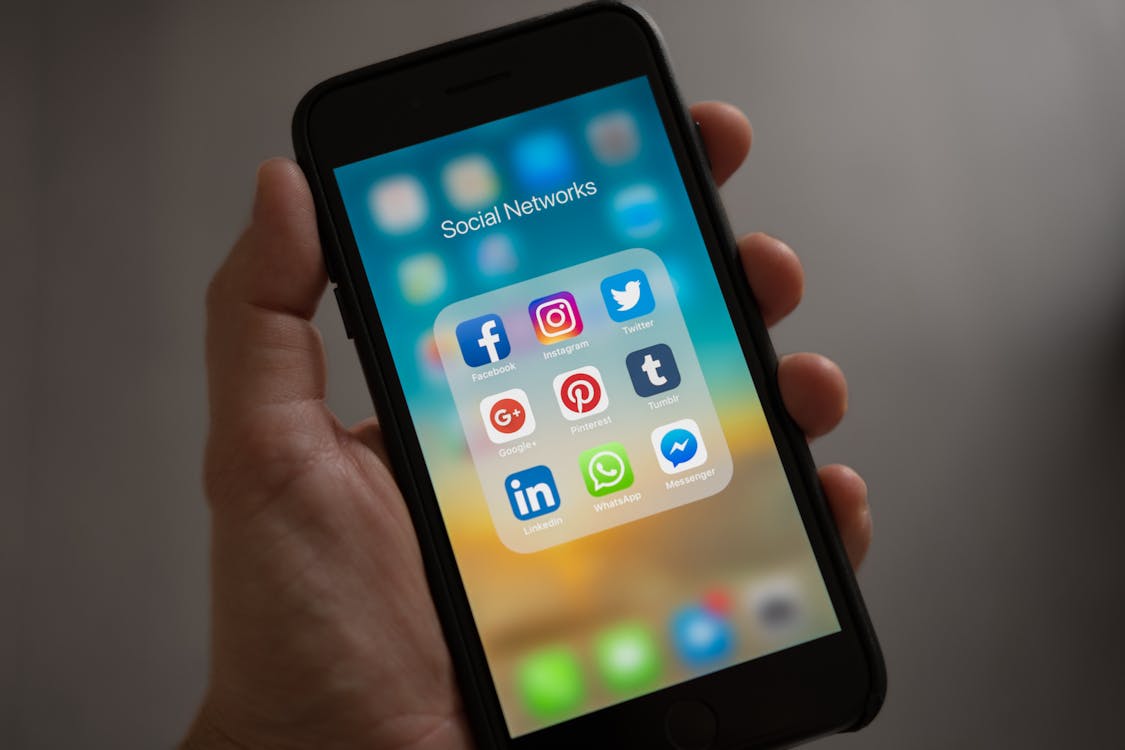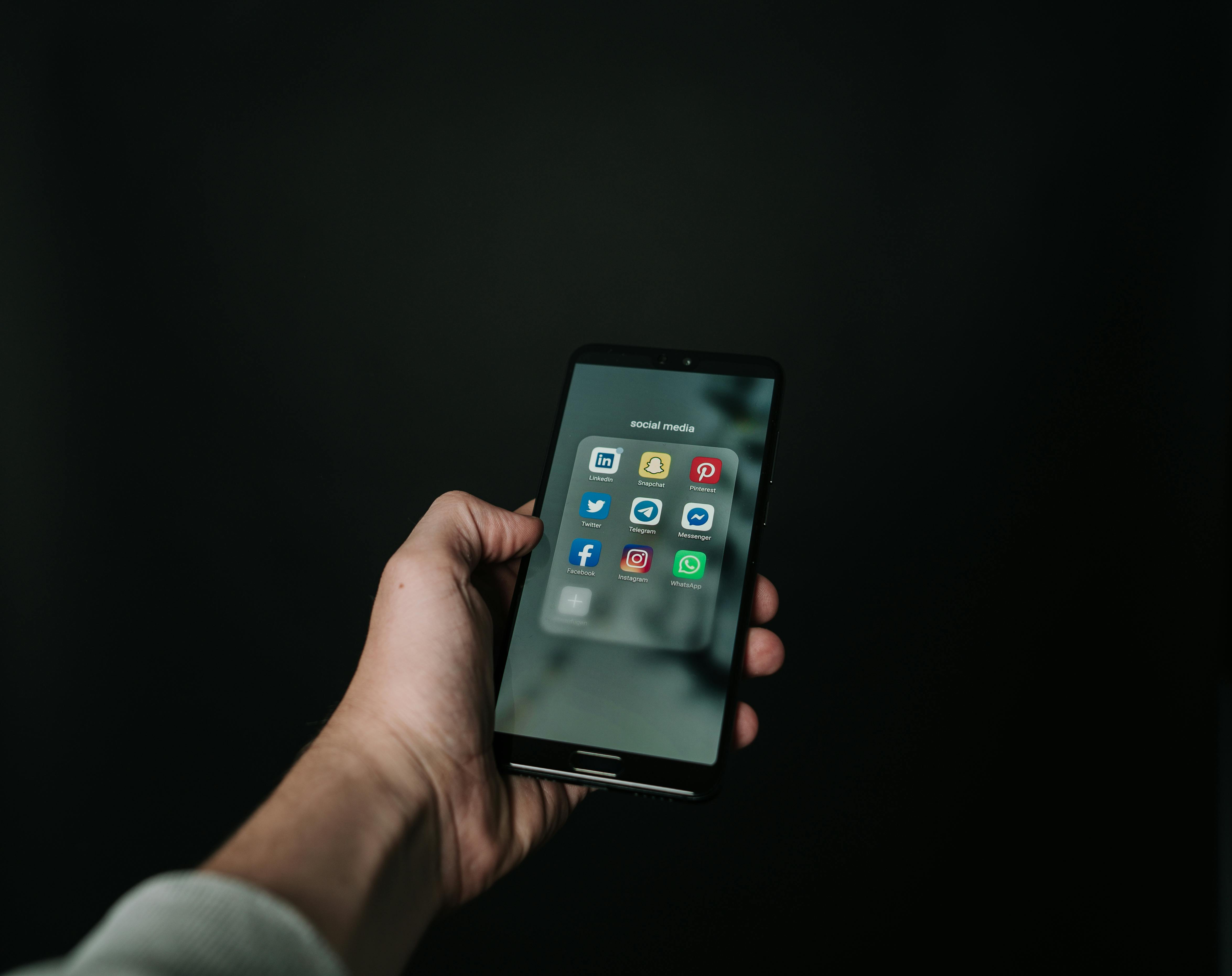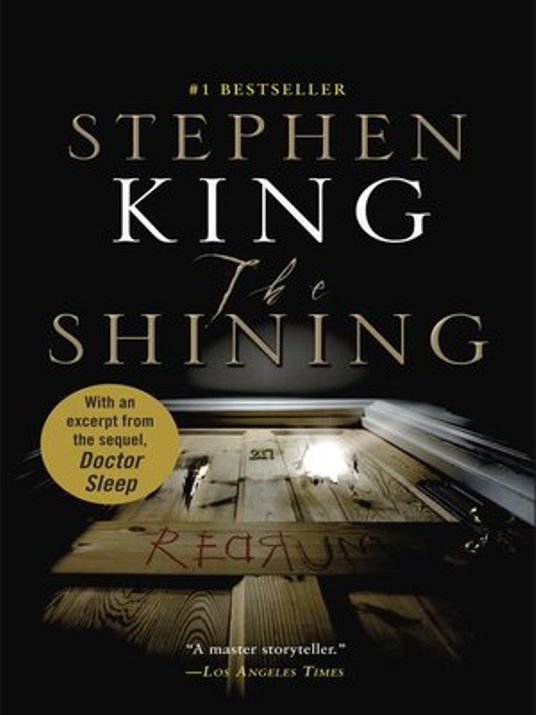Cars have always needed drivers at the wheel; otherwise, they could not function. But recently, a new technology has begun to prove otherwise. The rise of self-driving cars has become a popular topic of debate. Ernst Dickmanns built the first model in the late 1980s. Only semi-autonomous cars are on the market today, while fully autonomous ones are still developing. Self-driving cars are a new technology that presents solutions and concerns.
Self-driving cars have many benefits and uses. According to SWARCO, a traffic technology corporation, “99% of all accidents are due to human error” (1). These include exhaustion, inattentiveness, or improper driving etiquette. Self-driving cars have technology that eliminates human error, which can prevent most accidents. Additionally, it helps transportation be available to people who can’t drive. Whether it be disabilities or age, self-driving can improve accessibility by driving for people who can’t. Autonomous vehicles can also help decrease traffic. With advanced communication between the cars, it can “improve traffic flow and increase road capacity” (SWARCO, 2). A benefit of self-driving cars is they utilize advanced and accessible technology.
Besides the many uses, self-driving cars have problems and concerns. A car that always utilizes data and observation cameras is prone to hackers and other online viruses. This can put your safety and privacy at risk. Furthermore, if an autonomous car commits a traffic violation, “no real person can be prosecuted” (SWARCO, 4). Traffic laws must change to fit the presence of self-driving cars. Finally, the car program must learn to drive with humans safely. They have to be able to adapt to any sort of situation with human-driven manual cars. Autonomous cars still have some concerns that need to be addressed.
Self-driving cars do have their technical challenges, but they also have many benefits. Only time will tell if these cars are truly the future of transportation.


